AI News
How AI Is Changing Online Security and Privacy
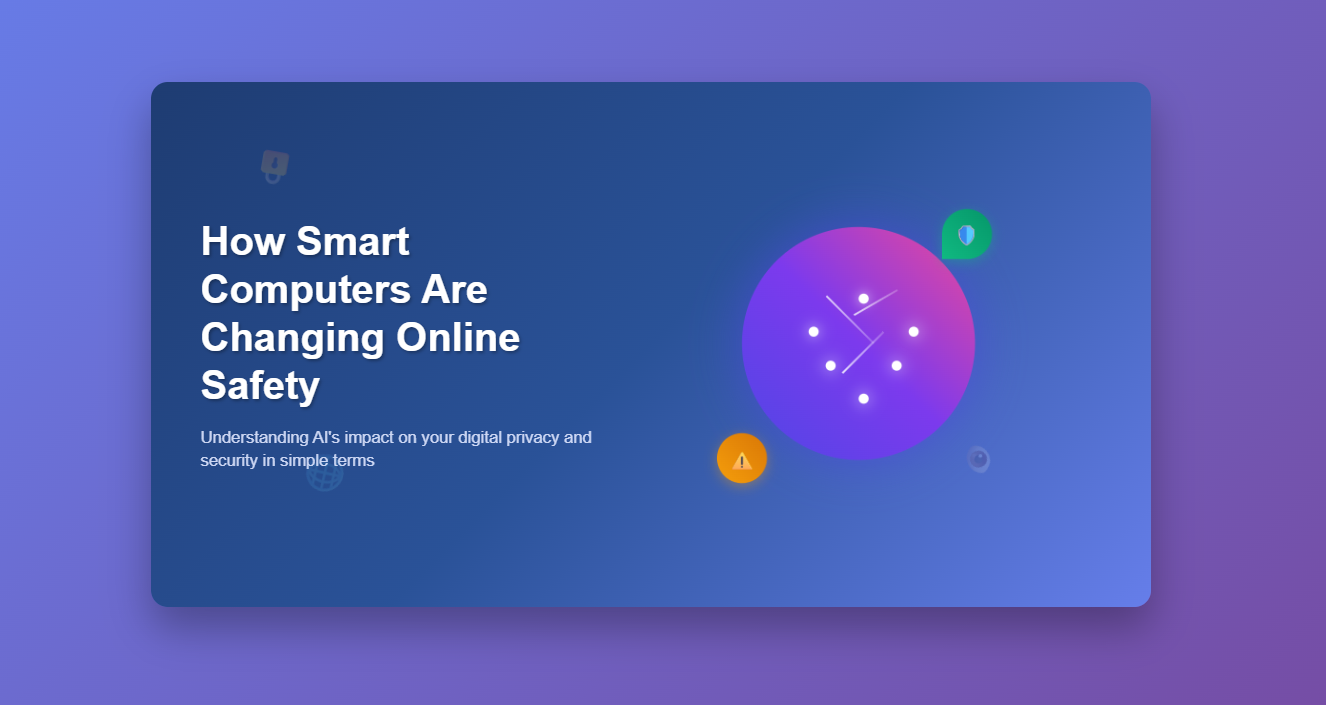
Artificial Intelligence is everywhere these days – from the voice assistant on your phone to the recommendation system on Netflix. But what does this mean for your online safety and personal privacy? Let’s break it down in simple terms and explore how this technology is reshaping our digital world in ways you might not even realize.
AI: Your Digital Bodyguard or Privacy Invader?
Think of AI as a double-edged sword. On one hand, it’s like having a super-smart security guard watching over your digital life 24/7. On the other hand, it’s also collecting tons of information about you – sometimes without you even knowing it.
The reality is that AI has become the invisible force behind much of our online experience. Every time you unlock your phone with your face, get a fraud alert from your bank, or see personalized ads, AI is working in the background. But understanding how it works and what it means for your privacy is crucial in today’s digital age.
The Good: How AI Protects You Online
Spotting Trouble Before It Happens
Imagine if someone could watch millions of websites and apps all at once, looking for suspicious activity. That’s exactly what AI does. It can spot hackers trying to break into systems faster than any human ever could.
For example, if someone tries to log into your bank account from a different country at 3 AM, AI systems can flag this as suspicious and block the attempt instantly. It’s like having a bouncer at every digital door who never sleeps, never gets tired, and remembers every face that’s tried to cause trouble.
These systems are incredibly sophisticated. They don’t just look at where you’re logging in from – they analyze how you type, how fast you navigate through menus, even the way you hold your phone. If something doesn’t match your usual pattern, the AI raises a red flag.
Fighting Spam and Scams
Remember when your email inbox was flooded with “Nigerian prince” scams? AI has gotten much better at filtering these out. Modern AI can read emails and texts to identify fake messages, phishing attempts, and suspicious links before they reach you.
But today’s scammers have gotten smarter too. They’re using AI to create more convincing fake emails, websites, and even voice calls. It’s like an arms race between good AI and bad AI. The good news is that legitimate companies are investing heavily in staying ahead of the scammers.
Gmail, for instance, blocks over 100 million phishing emails every day using AI. That’s roughly 1,200 dangerous emails per second that you never have to worry about seeing.
Keeping Businesses Safe
Companies use AI to monitor their networks constantly. If someone tries to steal customer data or plant malware, AI systems can detect unusual patterns and shut down threats in seconds, not hours.
Consider a typical company with thousands of employees. Without AI, security teams would need to manually check millions of daily activities – who accessed what files, when, and from where. AI does this automatically, flagging anything that seems out of place. Maybe an employee’s account is suddenly downloading large amounts of data at midnight, or someone is trying to access files they’ve never needed before.
Real-Time Threat Detection
Modern AI security systems work like having a team of detectives who never need coffee breaks. They’re constantly learning about new types of attacks and updating their defenses. When a new virus or malware appears anywhere in the world, AI systems can often recognize and block similar threats within hours.
This is particularly important for protecting critical infrastructure like hospitals, power grids, and transportation systems. A cyberattack on these systems could have life-or-death consequences, so having AI constantly on guard is essential.
The Not-So-Good: Privacy Concerns You Should Know About
Data Collection on Steroids
Here’s where things get tricky. AI needs lots of data to work well – and we mean LOTS. Every time you search for something, click a link, or even pause while reading an article, AI systems are taking notes.
Think about it: your smart TV knows what shows you watch, when you pause to grab snacks, and even adjusts the volume based on background noise in your house. Your fitness tracker knows when you sleep, exercise, your heart rate patterns, and can even detect when you’re getting sick before you feel symptoms. Your shopping apps know what you buy, when you buy it, what you looked at but didn’t purchase, and how long you spent considering each item.
This data collection happens constantly and often invisibly. Your smartphone might track your location hundreds of times per day, noting not just where you go but how fast you’re moving, how long you stay in each place, and what other devices are nearby.
The Invisible Profile Building
Companies use all this data to build incredibly detailed profiles of who you are. They might know you’re a night owl who loves mystery novels, gets anxious about deadlines, prefers shopping on Sunday afternoons, and is likely planning a vacation based on your recent search patterns.
This isn’t science fiction – it’s happening right now. Marketing companies sell these profiles to advertisers, who use them to target you with specific products and messages. While this can mean seeing more relevant ads, it also means your personal habits and preferences are being bought and sold like commodities.
The Bias Problem
AI learns from human data, which means it can pick up human prejudices. For instance, some facial recognition systems work better on lighter-skinned people than darker-skinned individuals. This isn’t intentional, but it shows how AI can accidentally discriminate.
Imagine applying for a job and being rejected not because you lack skills, but because an AI system was trained on biased data that unfairly favors certain groups over others. Or consider loan applications – if an AI system learned from historical data that reflected past discrimination, it might continue those unfair patterns.
This bias problem extends beyond race and gender. AI systems might discriminate based on age, zip code, shopping habits, or even the type of phone you use. The scary part is that this discrimination often happens without anyone realizing it, because the AI’s decision-making process can be too complex for humans to understand.
Always Watching: The Surveillance Society
AI-powered cameras and monitoring systems are becoming common in cities, stores, schools, and workplaces. While this can help catch criminals and prevent accidents, it also means you’re being watched and analyzed almost everywhere you go.
These systems don’t just record – they analyze. They can track your movements, recognize your face, analyze your behavior, and even attempt to determine your emotional state. Some retail stores use AI to detect when customers seem frustrated or confused, then send employees to help. Others use it to identify potential shoplifters based on body language and movement patterns.
The concern isn’t just about privacy – it’s about the psychological effect of constant surveillance. When you know you’re being watched, you might change your behavior, even if you’re not doing anything wrong.
Real-World Examples You Can Relate To
Your Banking App: A Digital Detective
When you try to transfer money or make a large purchase, your bank’s AI quickly checks dozens of factors: Is this normal for you? Are you in your usual location? Is the amount typical for your spending patterns? What time of day is it? Are you using your regular device?
The system might notice that you usually spend $50-100 at grocery stores, but suddenly there’s a $500 charge at an electronics store in a different state. It immediately flags this as suspicious and might freeze your card while texting you to verify the purchase.
While this can be annoying when you’re legitimately trying to buy something expensive or when traveling, it’s incredibly effective at preventing fraud. Banks using AI fraud detection report blocking billions of dollars in fraudulent transactions each year.
Social Media Feeds: The Algorithm Knows You
Ever notice how Facebook or Instagram seems to know exactly what you want to see? That’s AI analyzing your behavior – what you like, share, comment on, how long you look at each post, and even what you scroll past quickly.
The system creates an incredibly detailed picture of your interests, political views, relationship status, career aspirations, and even your mood patterns. It knows if you’re more likely to engage with content in the morning or evening, whether you prefer videos or photos, and what topics make you angry or happy.
This information is incredibly valuable to advertisers, but it also means these platforms know you very well – sometimes better than your close friends do.
Online Shopping: Predicting Your Next Purchase
Amazon’s “people who bought this also bought” suggestions aren’t just random. AI analyzes millions of shopping patterns to predict what you might want next. But it goes much deeper than that.
The system might notice that people who buy certain books also tend to buy specific kitchen gadgets three months later. Or that customers who purchase workout equipment in January often buy cookbooks in March. It uses this information to show you targeted ads and product suggestions.
Amazon’s AI can even predict what you’ll want to buy before you know you want it, sometimes shipping products to warehouses near your location in anticipation of your future orders.
Smart Home Devices: Always Listening
Voice assistants like Alexa, Google Home, and Siri are always listening for their wake words. While companies say they only record after hearing these words, the reality is more complex. The devices must constantly process audio to recognize when you’ve said “Hey Google” or “Alexa,” which means they’re always analyzing the sounds in your home.
These devices learn your routines, preferences, and even your family dynamics. They know when you wake up, when you leave for work, what music you like, and what questions you ask most often. This information helps them provide better service, but it also creates a detailed record of your daily life.
New Laws Trying to Keep Up
The European Approach
Governments worldwide are scrambling to create rules for AI use, and Europe has been leading the charge with strict laws about how companies can collect and use your data. The General Data Protection Regulation (GDPR) gives European citizens significant control over their personal data, including the right to know what data companies have about them and the right to have it deleted.
The EU has also introduced the AI Act, which categorizes AI applications by risk level and sets strict requirements for high-risk uses like hiring decisions, credit scoring, and law enforcement applications.
The American Patchwork
In the US, different states are creating their own rules, which makes things confusing for everyone. California’s Consumer Privacy Act gives residents some control over their data, but other states have different rules or no specific AI regulations at all.
This patchwork approach means your privacy rights might depend on where you live, and companies operating across multiple states must navigate a complex web of different requirements.
The Global Challenge
The challenge is universal: technology moves fast, but laws move slowly. By the time a law gets passed, the technology has already evolved. It’s like trying to regulate cars when they’re already building spaceships.
International cooperation is crucial because data flows across borders instantly. A company might collect data in one country, process it in another, and store it in a third. Creating effective regulations requires countries to work together, which is politically and technically challenging.
What Companies Should Do (The Right Way)
Be Honest About Data Collection
Companies should clearly explain what data they collect, why they need it, and how they use it. No more hiding behind complicated legal documents that nobody reads. Privacy policies should be written in plain English, with clear examples of how your data might be used.
Some companies are starting to use “nutrition labels” for data privacy – simple charts that show exactly what information is collected, much like food labels show ingredients and nutritional content.
Regular Check-ups and Audits
Just like you get health check-ups, AI systems need regular check-ups too. Companies should regularly test their AI for biases, security vulnerabilities, and unintended consequences. This includes bringing in outside experts to audit their systems and identify problems that internal teams might miss.
These audits should be ongoing, not one-time events. As AI systems learn and evolve, new biases and issues can emerge that weren’t present when the system was first deployed.
Give Users Control
People should be able to see what data companies have about them and delete it if they want. It’s like having the right to clean out your own closet. Companies should provide simple tools that let users download their data, understand how it’s being used, and delete it if they choose.
Some companies are going further, allowing users to see and modify the AI profiles built about them. If the system thinks you’re interested in cooking but you’re not, you should be able to correct that assumption.
Transparency in AI Decision-Making
When AI systems make important decisions about people – like loan approvals, job applications, or insurance rates – users should understand how these decisions are made. Companies should be able to explain, in simple terms, what factors the AI considered and why it reached its conclusion.
This transparency is not just good ethics – it’s becoming a legal requirement in many places.
What You Can Do to Protect Yourself
Master Your Privacy Settings
Yes, it’s boring, but spend 30 minutes checking your privacy settings on social media, shopping apps, and other services you use regularly. Turn off data sharing you’re not comfortable with, limit location tracking, and restrict access to your contacts and photos.
Most people never change these settings from their defaults, which are usually set to share as much data as possible. Taking control of these settings is one of the most effective ways to protect your privacy.
Think Before You Share
Every photo you post, every location you tag, and every online purchase adds to your digital footprint. Ask yourself: Am I okay with companies knowing this about me? Will I be comfortable with this information being public or sold to advertisers?
Remember that once information is online, it can be difficult or impossible to completely remove it. Think of your digital footprint as permanent, even if you delete posts or close accounts later.
Use Strong, Unique Passwords and Two-Factor Authentication
AI can help hackers crack weak passwords faster than ever. Use different passwords for different accounts, and consider using a password manager to keep track of them all. Enable two-factor authentication wherever possible – it adds an extra layer of security that makes it much harder for hackers to access your accounts even if they have your password.
Password managers can generate strong, unique passwords for each account and remember them for you, making good security practices much easier to maintain.
Stay Informed and Ask Questions
Technology changes quickly. Following tech news or privacy-focused websites can help you understand new threats and protection methods. Don’t be afraid to ask companies questions about their data practices, and read privacy policies for services you use frequently.
Consider subscribing to newsletters from organizations like the Electronic Frontier Foundation or reading privacy-focused tech blogs to stay updated on the latest developments.
Use Privacy-Focused Alternatives
Consider using privacy-focused alternatives to popular services. Instead of Google, try DuckDuckGo for searches. Instead of WhatsApp, consider Signal for messaging. These alternatives often collect less data and offer stronger privacy protections.
While these services might have fewer features or be less convenient, they can significantly reduce your digital footprint.
Regular Digital Clean-ups
Periodically review and delete old accounts, apps you no longer use, and data you no longer need. Unsubscribe from email lists, remove apps that have access to your social media accounts, and clean out your photo libraries and cloud storage.
This ongoing maintenance helps reduce the amount of personal data floating around online and limits your exposure if there’s a data breach.
Looking Ahead: Finding the Balance
The Future of AI and Privacy
The future isn’t about choosing between AI benefits and privacy – it’s about finding the right balance. We want AI to protect us from hackers and make our lives easier, but we also want control over our personal information.
New technologies like “federated learning” allow AI systems to learn from data without centralizing it, potentially offering the benefits of AI while keeping personal data more secure. Differential privacy techniques add mathematical noise to data, making it useful for AI training while protecting individual privacy.
The Role of Competition
As consumers become more privacy-conscious, companies are starting to compete on privacy features. Apple has made privacy a key selling point, while other companies are following suit with their own privacy-focused features and services.
This market pressure could be more effective than regulation in driving privacy improvements, as companies realize that customers value privacy and are willing to switch to services that offer better protection.
Education and Awareness
Perhaps the most important factor in finding the right balance is education. As more people understand how AI and data collection work, they can make more informed decisions about their digital lives and put pressure on companies to be more responsible.
Schools are starting to include digital literacy and privacy education in their curricula, and organizations are working to make privacy information more accessible and understandable to the general public.
The Bottom Line
AI in cybersecurity is like having a really powerful tool – it can build amazing things or cause serious damage, depending on how it’s used. The key is making sure the people and companies using AI are responsible and transparent about it.
Think of it like having a really helpful neighbor. You appreciate when they watch your house while you’re away and tell you about suspicious activity. But you don’t want them going through your mail, recording your conversations, or telling everyone your personal business.
As AI becomes more common in our daily lives, staying informed and taking basic privacy precautions becomes more important than ever. You don’t need to become a tech expert, but understanding the basics can help you make better decisions about your digital life.
The relationship between AI, security, and privacy will continue to evolve as technology advances and society adapts. By staying informed, making conscious choices about the services we use, and demanding transparency from companies, we can help shape a future where AI serves our interests while respecting our privacy.
Remember: you have more control than you think. By making informed choices about the apps you use, the data you share, and the privacy settings you choose, you can enjoy AI’s benefits while protecting what matters most to you. The goal isn’t to avoid AI entirely – that’s becoming increasingly impossible – but to use it wisely and on your own terms.
AI News
YouTube rolls out new AI-powered tools for Shorts creators

YouTube has officially announced the new AI-driven creation tools for generating the unique and best Shorts, according to a recent blog post by the platform.
The new features include a Photo to video converter, generative effects, and access to an AI playground for experimenting with creative outputs.
Photo to video tool
The Photo to video tool allows users to transform still images from their camera roll into animated Shorts. Users can select a photo and apply creative suggestions that add motion, such as animating landscapes, objects or group pictures.
This feature is being rolled out across the United States, Canada, Australia and New Zealand, with more regions expected to follow later in the year. For your information, it is available for free.
Both the Photo to video and generative effects are powered by Google’s Veo 2 technology. YouTube said Veo 3 would be integrated into Shorts later this summer.
The feature is currently available in the US, Canada, Australia and New Zealand and can be accessed by tapping the create button, followed by the sparkle icon.
YouTube noted that AI-generated content will include SynthID watermarks and clear labels to indicate that it was created using artificial intelligence.
According to the blog post, the new tools are designed to make the creative process more accessible, while preserving transparency about AI use in content creation.
AI News
Google Expands Firebase Studio with AI Tools for Popular Frameworks
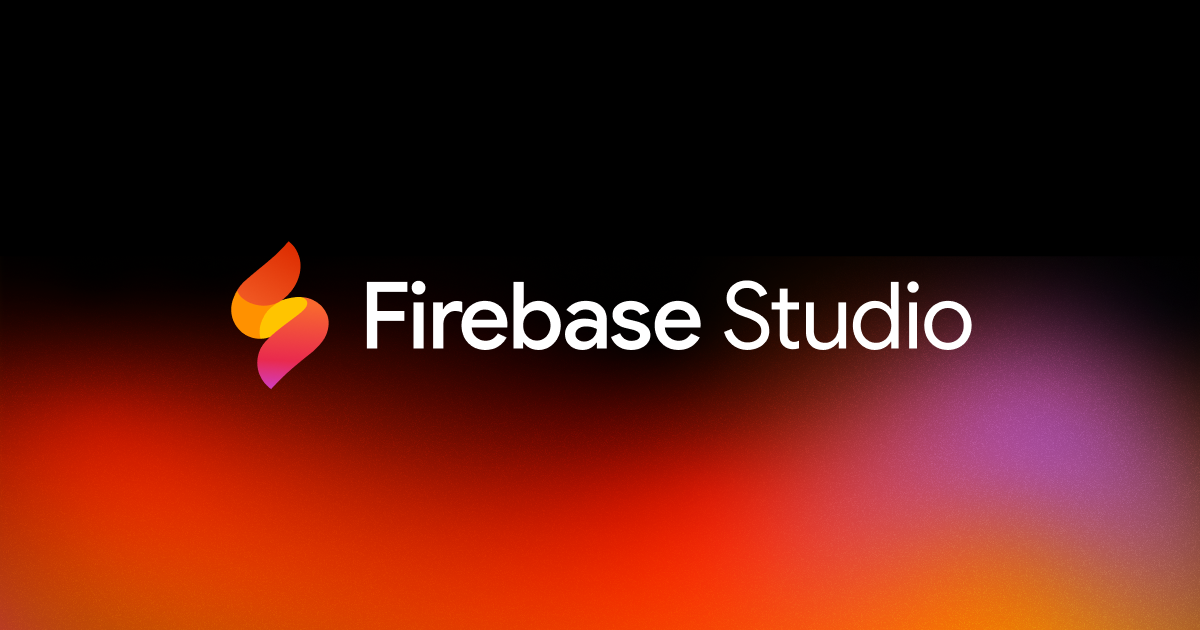
Google has officially released a series of updates to Firebase Studio aimed at expanding its AI development capabilities and deepening integration with popular frameworks and Firebase services.
For your information, the released features were unveiled at I/O Connect India.
At the core of the update are AI-optimised templates for Flutter, Angular, React, Next.js, and general Web projects. These templates enable developers to build applications in Firebase Studio using Gemini, Google’s AI assistant, with the workspace defaulting to an autonomous Agent mode.
“We’re unveiling new updates that help you combine the power of Gemini with these new features to go from idea to app using some of your favourite frameworks and languages,” said Vikas Anand, director of product management at Google.
Firebase Studio now supports direct prompting of Gemini to integrate backend services. Developers using App Prototyping Agent or an AI-optimised template can simply describe the desired functionality, and Gemini will recommend and incorporate relevant Firebase services, including adding libraries, modifying code, and assisting with configuration.
“You can get assistance from Gemini to help you plan and execute tasks independently without waiting for step-by-step approval,” said Jeanine Banks, vice president and general manager, Developer X at Google.
AI News
Nvidia, AMD to Resume AI Chip Sales to China in US Reversal

Nvidia reportedly plans to resume sales to China that’s become part of a global race pitting the world’s biggest economies against each other. The company’s announcement on Monday comes after Nvidia CEO Jensen Huang met with President Donald Trump at the White House last week.
AMD AI Chip Plan For China
AMD also planning to restart sales of its AI chips to China. “We were recently informed by the Department of Commerce that license applications to export MI308 products to China will be moving forward for review,” the company said in a statement to CNN. “We plan to resume shipments as licenses are approved. We applaud the progress made by the Trump Administration in advancing trade negotiations and its commitment to US AI leadership.”
Treasury Secretary Scott Bessent told Bloomberg in an interview Tuesday that the Nvidia export controls have been a “negotiating chip” in the larger US-China trade talks, in which the two countries have made a deal to lower tariffs charged on one another.

The same day Commerce Secretary Howard Lutnick said that the resumption of Nvidia’s AI chip sales to China was part of the trade agreement with Beijing on rare earths. “We put that in the trade deal with the magnets,” he told Reuters, referring to rare earth magnets.
“In order for America to be the world leader, just like we want the world to be built on the American dollar, using the American dollar as a global standard, we want the American tech stack to be the global standard,” Huang told CNN’s Fareed Zakaria in an interview that aired Sunday. “We love that the internet is created by American technology and is built on American technology, and so we should continue to aspire to that.”

 AI News7 months ago
AI News7 months agoTurn Photos into Videos Using Google Gemini AI

 AI News7 months ago
AI News7 months agoGoogle Expands Firebase Studio with AI Tools for Popular Frameworks

 AI News7 months ago
AI News7 months agoApple New AI Model Can Detect Pregnancy With 92 percent

 AI News7 months ago
AI News7 months agoGoogle hires Windsurf execs in $2.4 billion deal

 AI News7 months ago
AI News7 months agoOpenAI has now restored the services after outage

 AI Tutorial7 months ago
AI Tutorial7 months agoHow to Turn Off Microsoft AI Features

 AI News7 months ago
AI News7 months agoYouTube rolls out new AI-powered tools for Shorts creators

 AI Tools7 months ago
AI Tools7 months agoIs This Simple Note-Taking App the Future of AI?







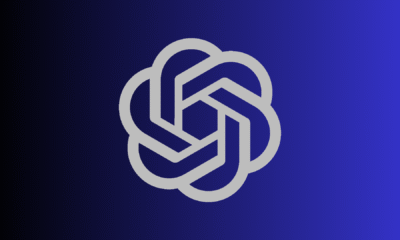



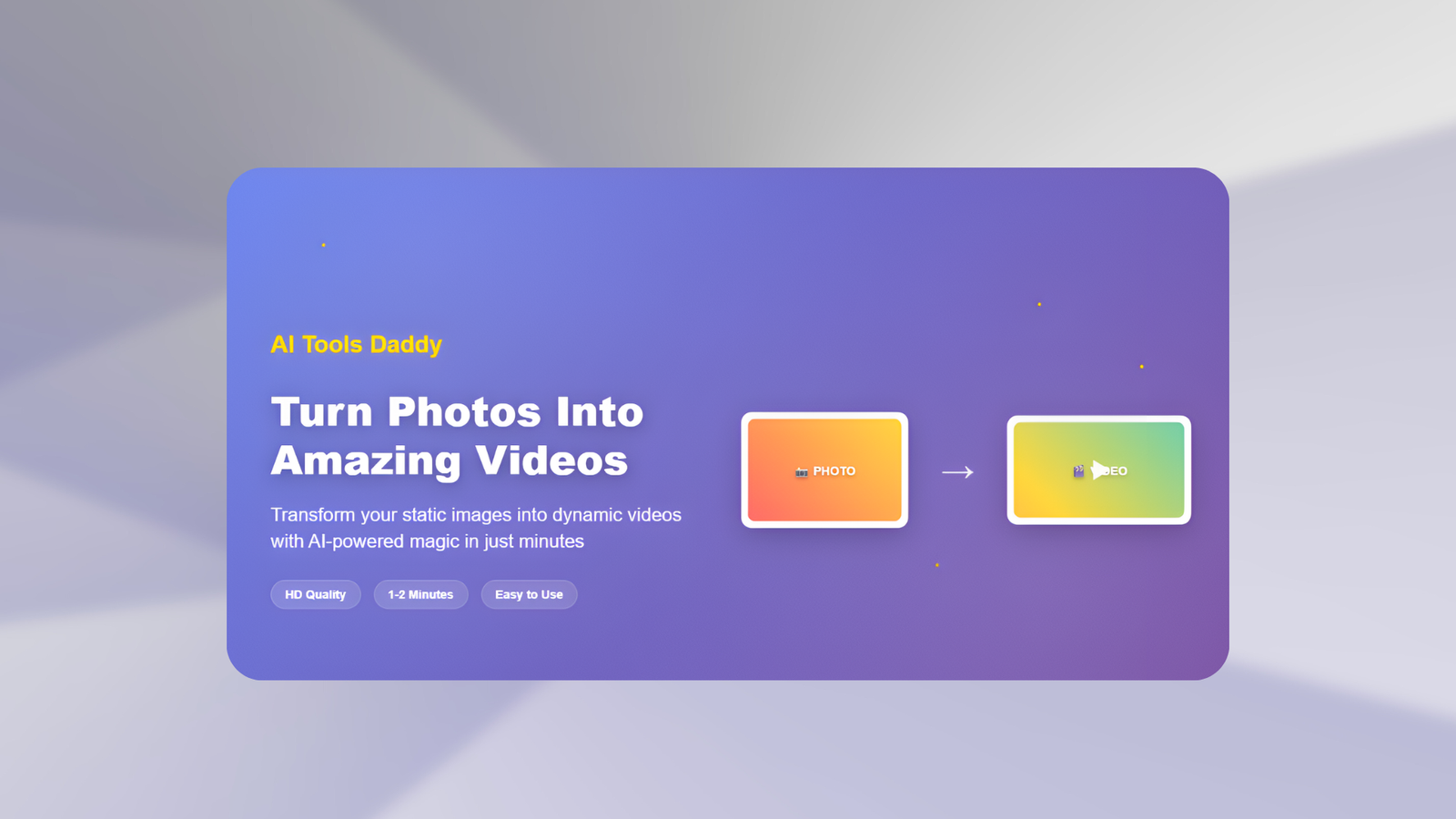

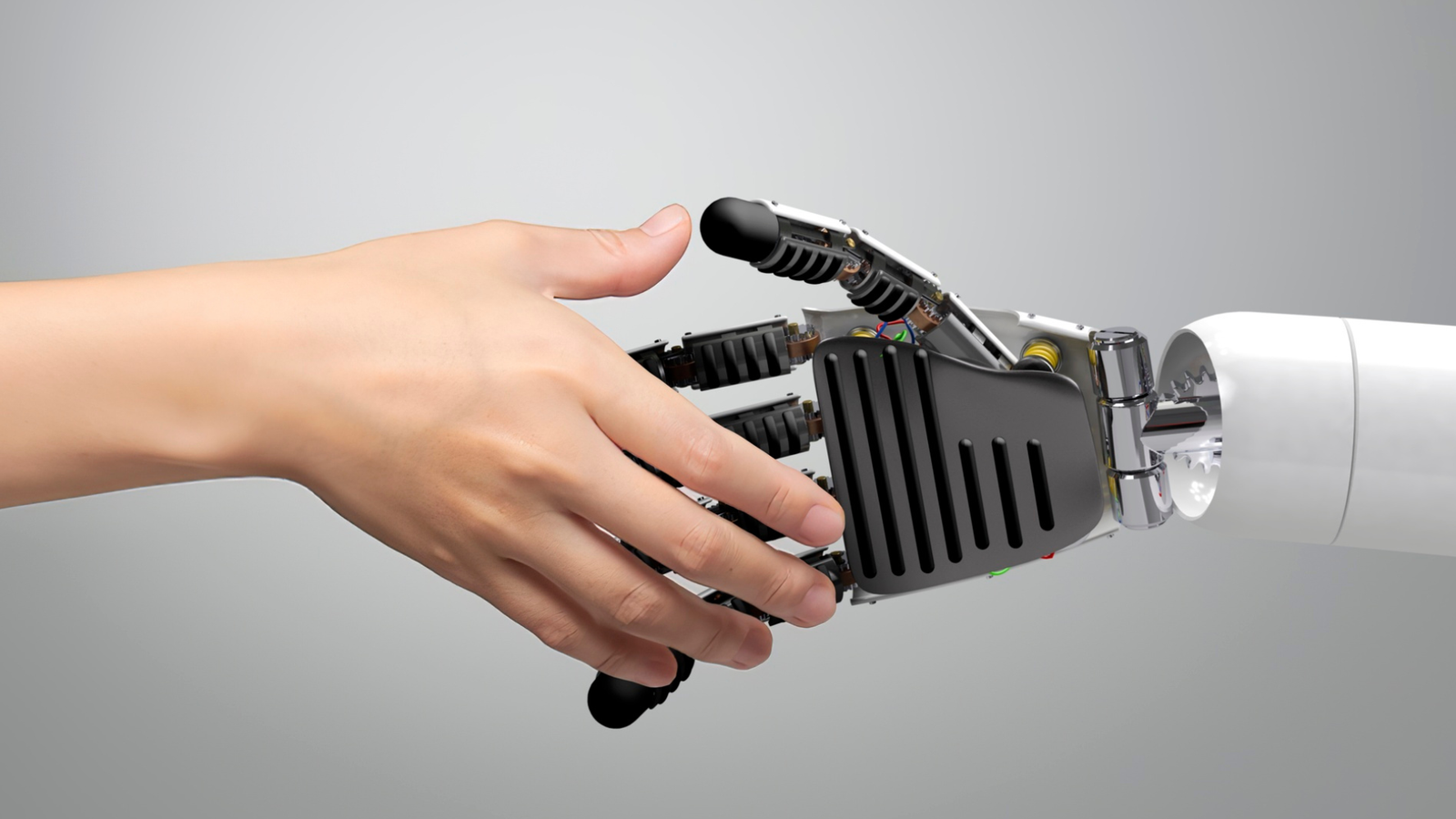
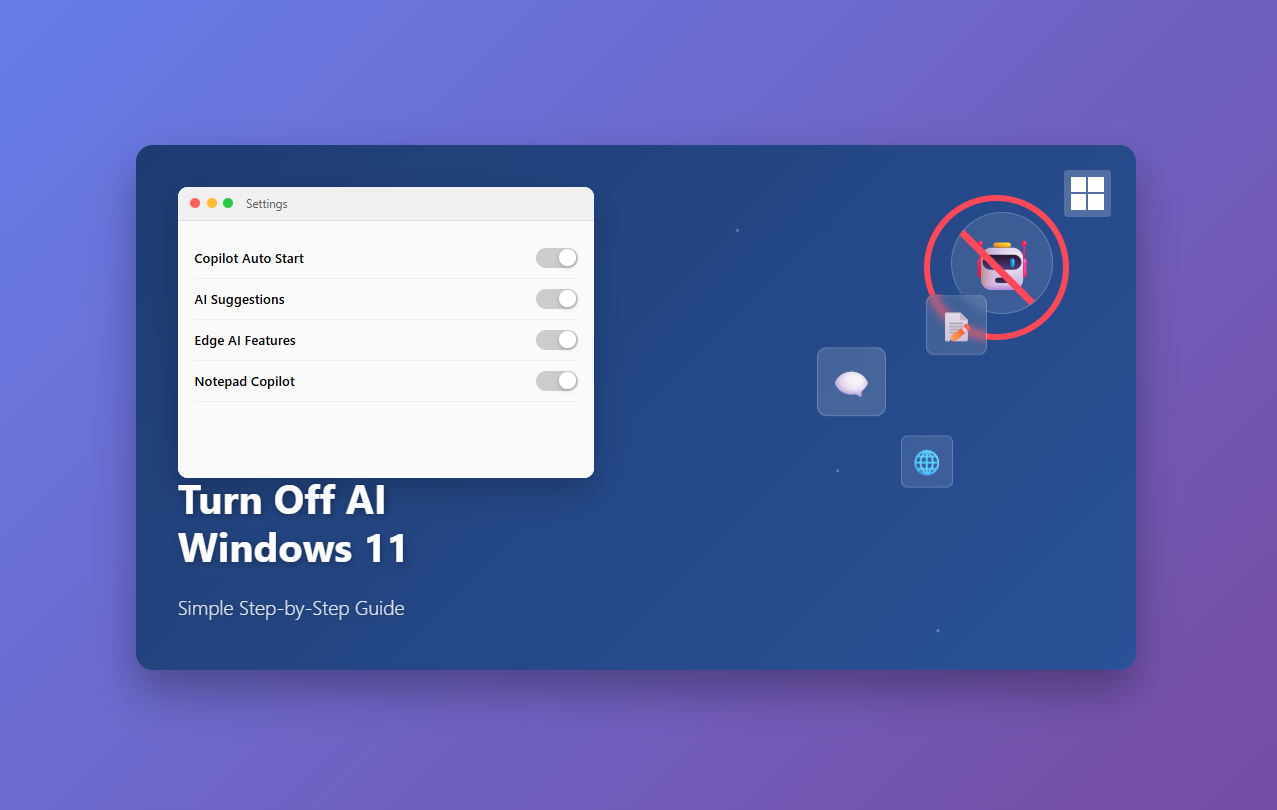
Pingback: Tesla Just Made History: First Fully Self-Driving Car Delivery - AI Tools Daddy